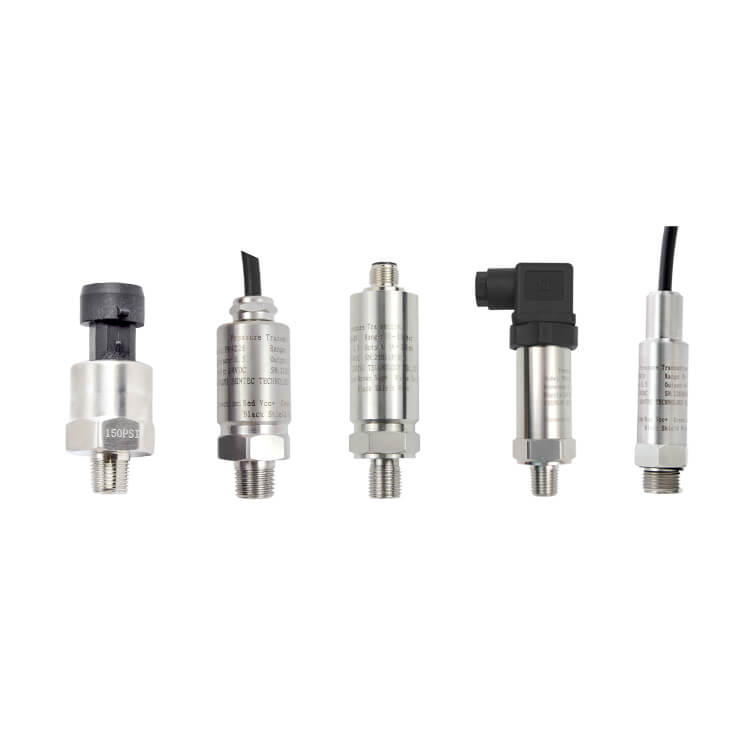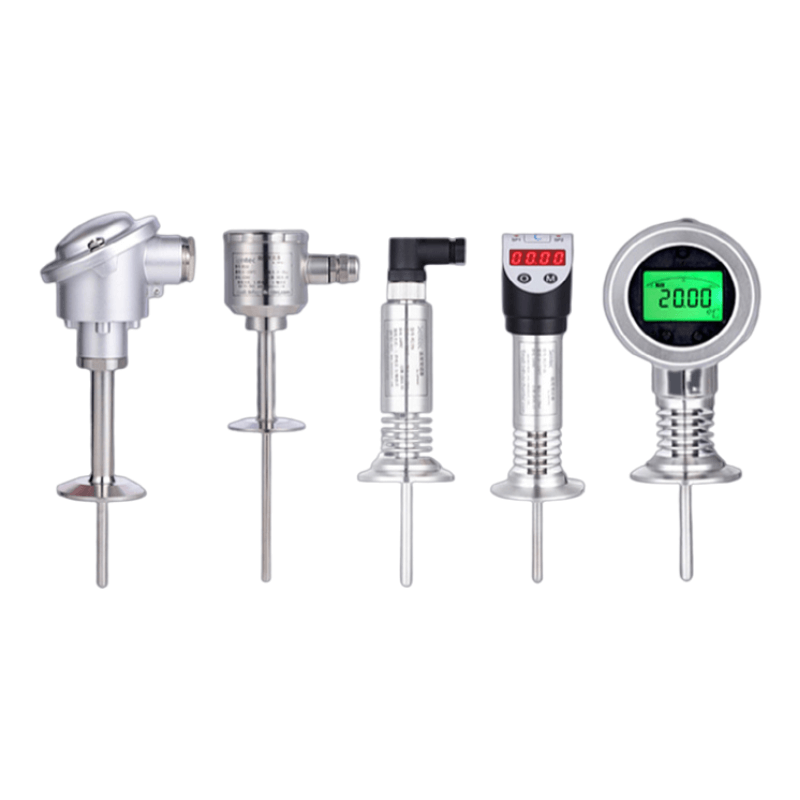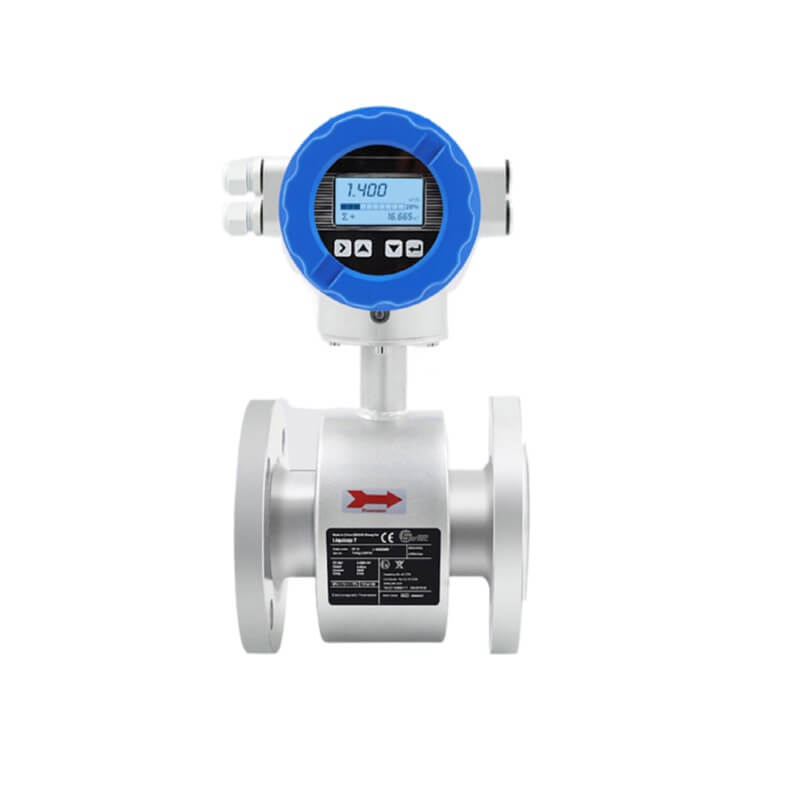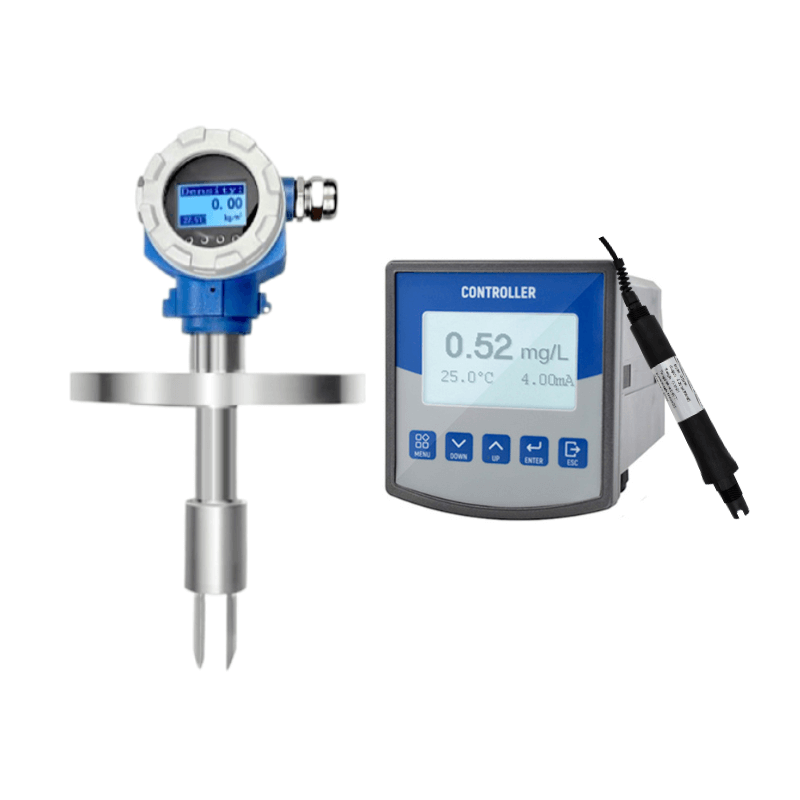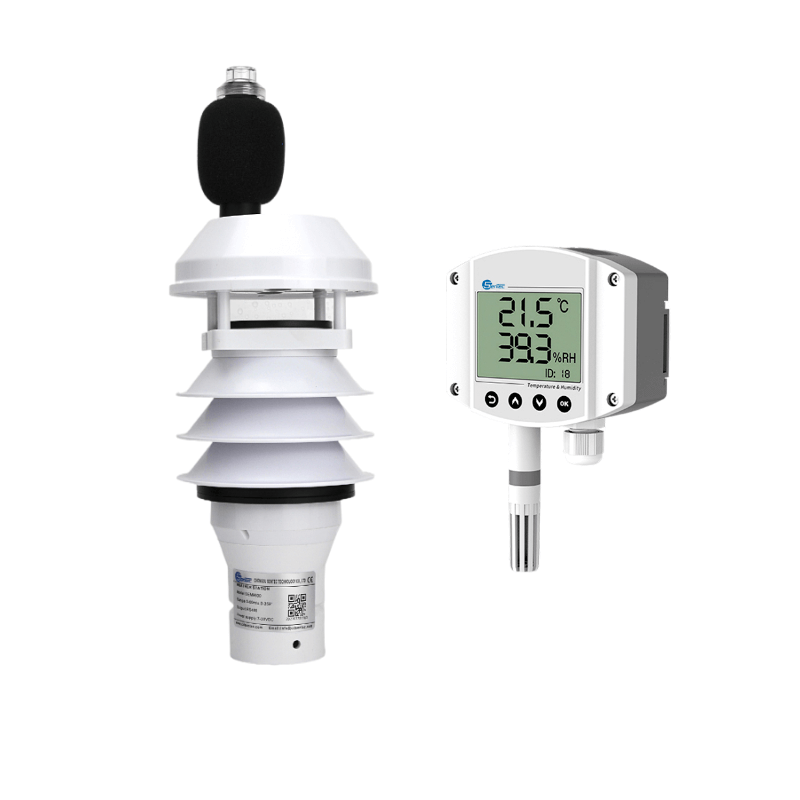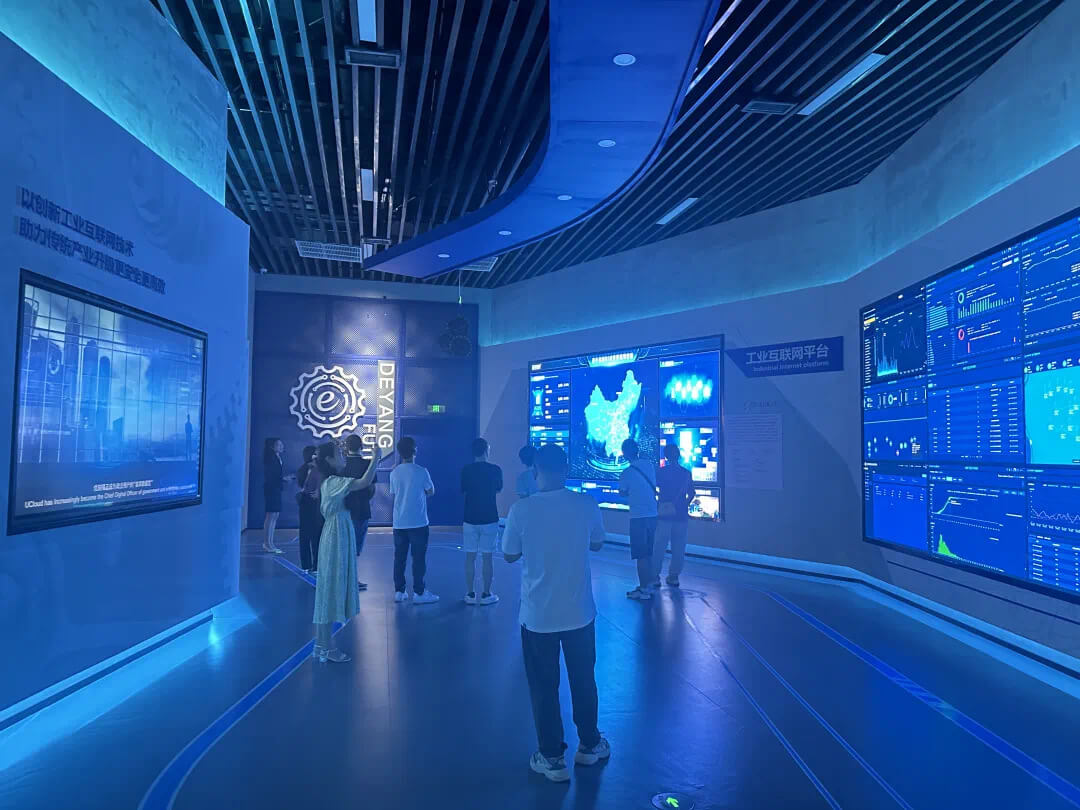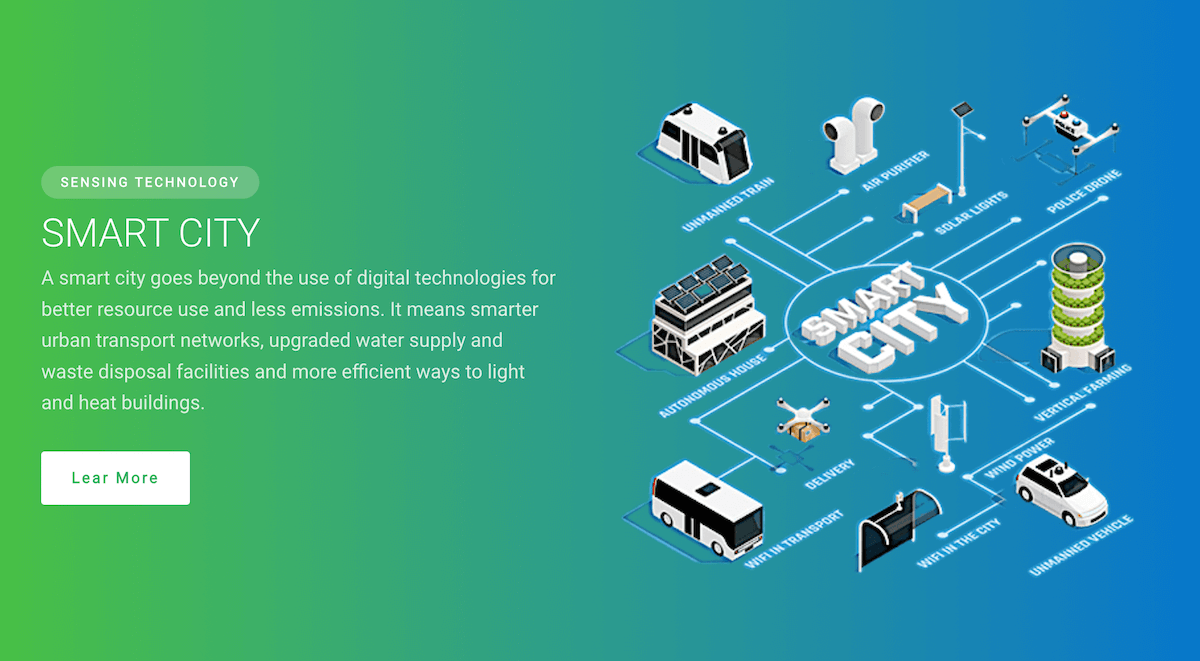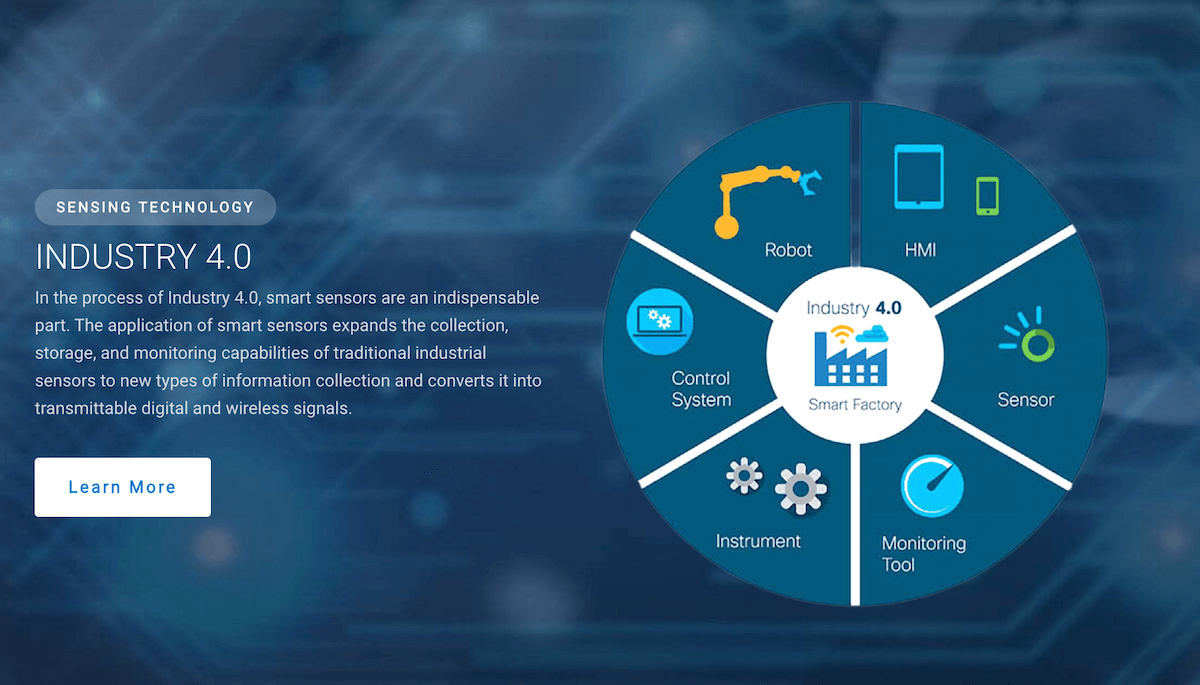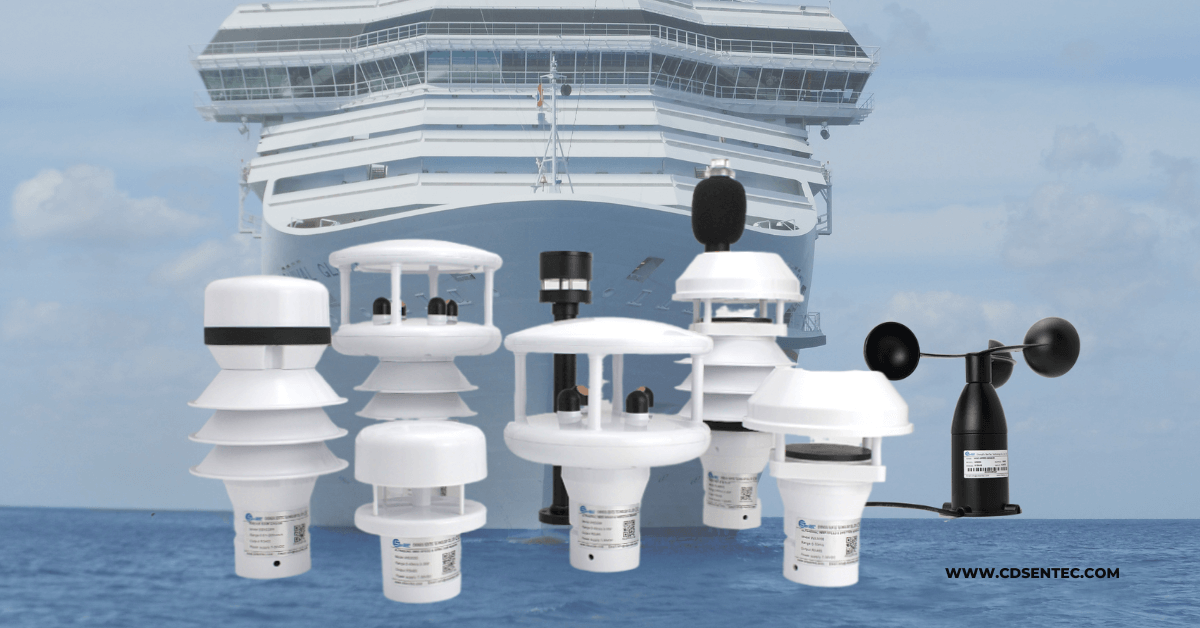In the age of digital innovation, the concept of the smart city is no longer a distant dream but a reality. A smart city is a framework, predominantly composed of Information and Communication Technologies (ICT), to develop, deploy and promote sustainable development practices to address growing urbanization challenges. A critical component of this framework is the use of smart sensors, which are electronic devices that produce data as a response to certain stimuli, such as light or temperature.
Smart sensors play a crucial role in establishing the environment of a smart city. These sensors, embedded in everyday objects, allow these objects to interconnect and exchange data. With the potential of transforming numerous aspects of our daily lives, smart sensors are rapidly becoming an integral part of the smart city infrastructure.
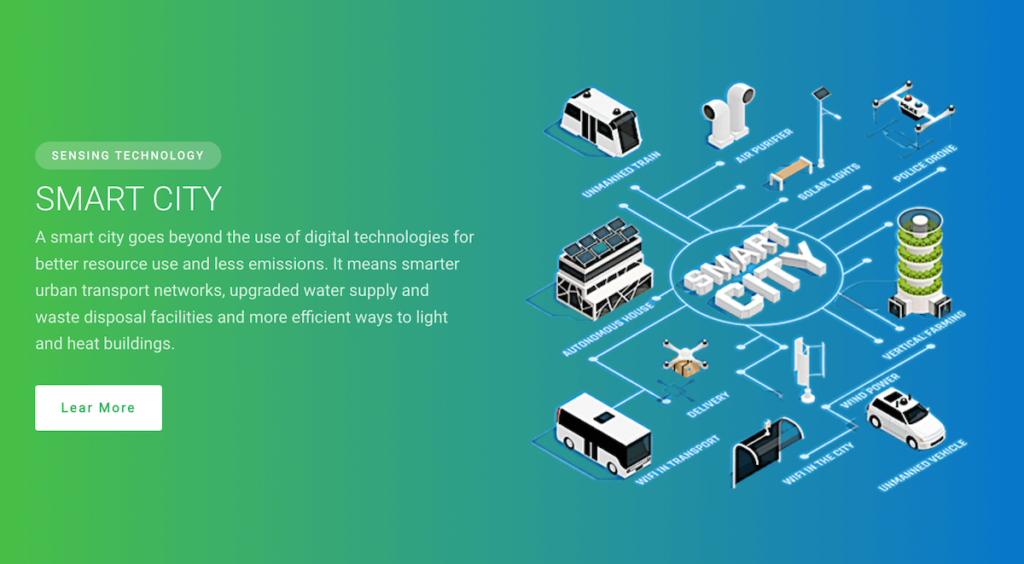
The smart city and smart sensor relationship is symbiotic. The smart city framework relies heavily on the data generated by these sensors to enhance the efficiency and quality of services, while smart sensors gain relevance and functionality within the context of a smart city.
Understanding the Role of Smart Sensors in a Smart City
In a smart city, sensors are the eyes and ears, collecting data that is analyzed and used to manage resources efficiently. These sensors can monitor a range of conditions, from traffic congestion and air quality to energy usage and waste management. They provide real-time data, enabling city managers to make informed decisions quickly and efficiently.
Sensors embedded in infrastructure can detect structural weaknesses, providing early warning systems that can save lives. In the transportation sector, sensors can monitor traffic flow, helping to reduce congestion and facilitate smoother commutes. In the realm of environmental sustainability, sensors can monitor air and water quality, providing vital data to tackle pollution.
Ultimately, the role of smart sensors in a smart city is to provide actionable insights that facilitate smarter decision-making. They enable cities to become more responsive to the needs and demands of their residents, enhancing the quality of urban life.
The Significance of IoT in Building Smart City Networks
The Internet of Things (IoT) is a pivotal component in the development of smart city networks. IoT refers to the interconnection of devices and objects through the internet, allowing them to send and receive data. This technology is the backbone of smart city networks, enabling the seamless integration and communication of various smart city components.
Smart sensors are a key element of the IoT infrastructure. These sensors collect data, which is then processed and analyzed to provide meaningful insights. This data-driven approach is crucial in making cities smarter and more efficient.
The integration of IoT in smart city networks has several benefits. It boosts operational efficiency, reduces costs, and enhances the quality of life for citizens. It also facilitates the provision of various services such as smart grids, smart homes, intelligent transportation, and smart health services.
Different Smart Sensor Applications in a Smart City
Smart sensor applications in a smart city are versatile and wide-ranging. In terms of infrastructure, smart sensors can be used to monitor the structural health of buildings and bridges, detecting any potential weaknesses or failures. This can significantly reduce maintenance costs and prevent catastrophic failures.
In the realm of environmental sustainability, smart sensors can monitor air and water quality in real-time, providing essential data to combat pollution and climate change. In the transportation sector, smart sensors can be used to optimize traffic flow, reduce congestion, and improve public transportation.
Smart sensors also have significant applications in energy management. They can monitor and control the energy usage of buildings, reducing energy waste and promoting sustainability. In the healthcare sector, smart sensors can enable telehealth services, improving access to healthcare services and enhancing patient outcomes.
SenTec as one of earliest smart sensor manufacturer provide total solutions for smart city.
Case Studies: Successful Smart City IoT Project Ideas
There have been several successful smart city IoT project ideas across the world, demonstrating the potential of smart sensors in transforming urban environments. Barcelona, for instance, has used IoT technology to create an extensive network of sensors that monitor air quality, noise levels, humidity, temperature, and more.
In Copenhagen, IoT technology has been used to create a smart bike-sharing program. The bikes are equipped with smart sensors that provide data on usage patterns, helping to optimize the service. In Singapore, smart sensors have been used to create a city-wide system that monitors water usage, helping to conserve water resources.
These case studies demonstrate the transformative potential of smart sensors in creating smarter, more efficient, and more sustainable urban environments.
The Future: Potential Growth and Development of Smart Cities Using Smart Sensors
The future of smart cities using smart sensors is bright. As technology continues to advance, the potential applications of smart sensors in smart cities will continue to expand. From enhancing public safety and security to promoting environmental sustainability and improving healthcare services, the possibilities are endless.
In the future, we could see smart sensors being used to create self-sustaining buildings, capable of producing their own energy and managing their waste. Smart sensors could also enable the creation of smart grids, which could revolutionize the way we manage and consume energy.
Furthermore, as more data is collected and analyzed, smart cities will become more responsive and adaptable, able to anticipate and respond to the needs of their residents in real-time. This will result in more efficient cities that offer a higher quality of life for their residents.
Challenges and Solutions for Smart Sensor Implementation in Smart Cities
While the potential benefits of smart sensor implementation in smart cities are significant, there are also several challenges that need to be addressed. These include issues related to data privacy and security, the need for robust and reliable connectivity, the high cost of sensor installation and maintenance, and the need for effective data analysis and management.
To address these challenges, it is essential to develop robust security protocols to protect data privacy. Investment in reliable and fast connectivity is also crucial to ensure the smooth operation of smart city networks. Moreover, the costs of sensor installation and maintenance can be offset by the long-term benefits of increased efficiency and reduced resource consumption.
Effective data analysis and management can be achieved through the use of advanced analytics and artificial intelligence. These technologies can help to extract meaningful insights from the vast amounts of data generated by smart sensors, enabling smart cities to make more informed and effective decisions.
How Smart City Networks Enhance Urban Living
Smart city networks can significantly enhance urban living. By utilizing the data generated by smart sensors, smart cities can provide a range of services that make urban living more efficient, convenient, and sustainable.
Smart city networks can optimize traffic flow, reducing congestion and improving commute times. They can monitor air and water quality, helping to combat pollution and improve public health. They can also provide real-time information on public services, such as public transportation schedules and availability of parking spaces, making urban living more convenient.
Moreover, smart city networks can facilitate the provision of a range of services, from smart homes and intelligent transportation to smart health services and smart grids. These services can significantly improve the quality of life in urban areas, making cities more livable and enjoyable.
Opportunities in Smart City Projects for Businesses and Investors
Smart city projects present significant opportunities for businesses and investors. As cities around the world strive to become smarter and more efficient, there is a growing demand for smart city solutions. This presents a lucrative market for businesses that provide smart city technologies and services.
For investors, smart city projects offer the opportunity for substantial returns. As the demand for smart city solutions grows, so too does the potential for profit. Moreover, investing in smart city projects can also contribute to social and environmental sustainability, offering the potential for both financial and societal returns.
In conclusion, smart city projects offer a wealth of opportunities for businesses and investors. With the right strategies and approaches, businesses and investors can tap into this growing market, reaping substantial rewards while contributing to the creation of smarter, more sustainable cities.
Conclusion: The Future of Smart Cities with Smart Sensors
The future of smart cities with smart sensors is promising. As technology continues to advance, the potential applications of smart sensors in smart cities will continue to grow. From enhancing public safety and security to promoting environmental sustainability and improving healthcare services, the possibilities are endless.
However, realizing this potential will require addressing several challenges, including issues related to data privacy and security, the need for robust and reliable connectivity, and the high cost of sensor installation and maintenance. With the right strategies and approaches, these challenges can be overcome, paving the way for the creation of smarter, more efficient, and more sustainable cities.
In conclusion, smart sensors hold the key to creating the ultimate smart city. By harnessing the power of these sensors, we can transform our urban environments, making them more livable, sustainable, and enjoyable. The future of urban living is smart, and it’s closer than you think.

